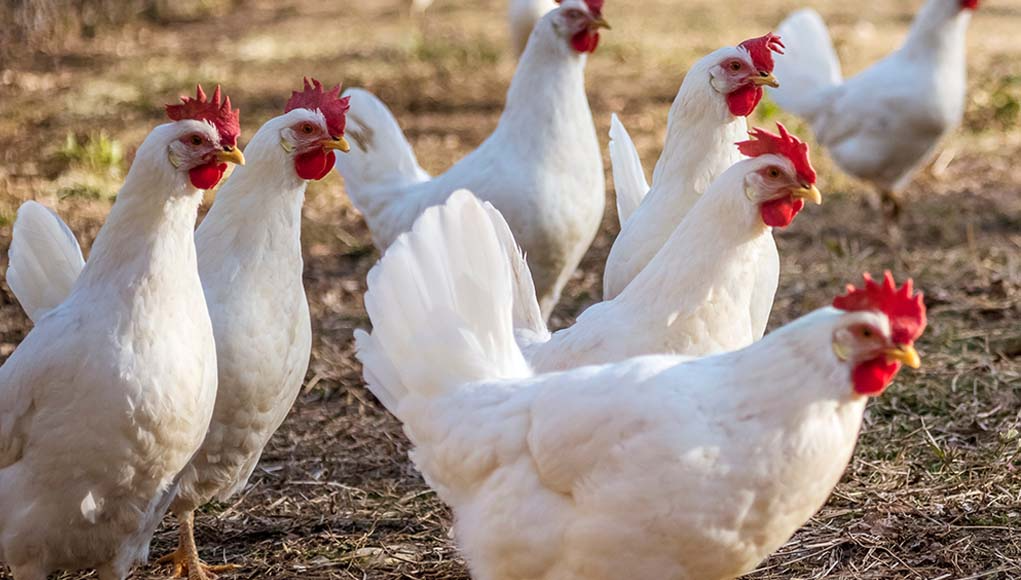Starting an egg farm might seem daunting, but with the right guidance, it can be a highly rewarding venture. Whether you’re venturing into farming for the first time or transitioning from a completely different industry, this guide will provide essential insights to help you succeed.
From Property Management to Poultry Farming
Lucen, a property manager for 10 years, found his way into poultry farming unexpectedly. After purchasing a farm as an investment property, he transformed a struggling operation into a thriving egg farm. Despite starting with no prior knowledge of chickens, he embraced the challenges and now runs a successful farm, respecting the effort it takes to produce a high-quality egg.
Essential Tips for Starting an Egg Farm
1. Choose the Right Chicken Breed
Two common breeds for egg farming are:
- White Leghorn Chickens: Known for their prolific egg-laying ability but more temperamental and less hardy.
- Brown Lohmann Chickens: A more robust breed, better suited for various climates, and often more consistent in egg production.
Lucen emphasizes starting with chickens you rear yourself. Buying day-old chicks ensures you control their diet, vaccination, and overall health. This helps avoid unreliable sellers who may provide underperforming chickens.
2. Source Day-Old Chicks from Reputable Hatcheries
Reputable hatcheries deliver vaccinated day-old chicks. These chicks typically cost between 26 and 35 Rand (R), depending on the supplier. Starting with vaccinated chicks minimizes early health risks.
3. Understand the Growth Stages
Chickens go through multiple growth stages before they start laying eggs. Each stage requires specific care:
Stage 1: Day-Old Chicks
- Housing: Place them in a warm, enclosed room equipped with heat lamps, as chicks can’t regulate their body temperature.
- Feed: Use starter feed, which is specially formulated for young chicks.
- Duration: Chicks stay in this environment until they are about six weeks old.
Stage 2: Grower Phase (6 to 10 Weeks)
- Housing: Move the chickens to a more open but protected space, like a grower house.
- Feed: Transition to grower feed, which supports their rapid growth.
- Vaccination: Administer vaccinations as needed during this stage.
Stage 3: Pre-Layer Phase (10 to 17 Weeks)
- Housing: Move chickens to the vaccination room for their final vaccination rounds.
- Feed: Continue grower feed until they are ready to lay.
Stage 4: Laying Phase (17 Weeks Onwards)
- Feed: Switch to layer feed, which enhances egg production.
- Housing: Transfer chickens to layer houses where they begin producing eggs.
4. Implement a Vaccination Schedule
Vaccination is critical for healthy and productive chickens. Here’s a typical schedule:
- Day 1: First vaccination, administered via drinking water.
- 14 Days: Protects against Newcastle disease and infectious bronchitis.
- 21 Days and Beyond: Vaccinations continue at regular intervals (e.g., 8, 10, and 14 weeks) to safeguard against diseases like Gumboro and fowlpox.
5. Maintain Biosecurity
Farm hygiene is non-negotiable. Regularly sanitize all equipment, housing, and feed containers. Limit outside visitors to the farm to reduce the risk of disease transmission.
6. Plan Your Market Strategy
Egg farming offers multiple avenues for selling your product:
- Retail: Direct sales to households.
- Wholesale: Bulk sales to resellers or businesses.
- Combination: Cater to both individual and wholesale buyers to maximize profits.
7. Monitor Your Costs and Profitability
It takes about 17 to 20 weeks for a chicken to start laying eggs. During this period, ensure that your investment in feed, vaccinations, and housing aligns with your financial goals.
A Day on the Farm
Walking through the egg farm provides a closer look at the process:
- Day-One Room: Chicks are kept warm under heat lamps.
- Grower Houses: Spacious and well-ventilated housing for 6–10-week-old chickens.
- Vaccination Room: Chickens are vaccinated at key growth stages.
- Layer Houses: Mature chickens lay eggs, which are collected, cleaned, and packaged for sale.
Challenges and Rewards
Egg farming requires dedication, attention to detail, and adaptability. While it may be challenging to manage the health and productivity of hundreds (or thousands) of chickens, the rewards of seeing your farm grow and thrive make it worth the effort.
If you’re passionate about poultry farming or simply seeking a new business opportunity, follow this guide, stay committed, and watch your egg farm flourish.
This beginner’s guide serves as a roadmap for anyone interested in starting an egg farm, providing practical steps and valuable insights to kickstart your journey.

